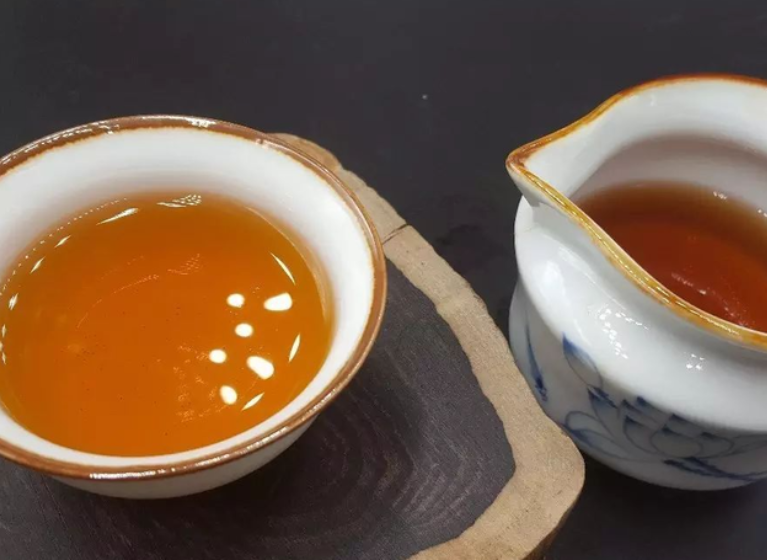
If you don’t drink tea for one day, you will feel sluggish. If you don’t drink tea for three days, you will get sick. Tea has always occupied a relatively important position in the cultural composition of our country. Now in modern times, tea is put into bottles and made into various beverages. Among them, black tea and green tea are more common and popular. Green tea soup is clear and green, and tastes bitter, astringent, fresh and sweet. It tastes astringent at the beginning and sweet aftertaste. Black tea soup is bright red, sweet and mellow, and has a strong taste. Some people prefer the fragrance of green tea, while others prefer the richness of black tea. So what is the difference between these two kinds of tea? Do they have the same effects?
Black tea
Black tea originated in China and was later brought to Western Europe. Drinking black tea became popular among the British royal family in a short period of time. Black tea is a fully fermented tea, which has an additional fermentation process compared to green tea. Because of fermentation, although the tea polyphenols and tannic acid in black tea are reduced, new ingredients such as thearubigins and theaflavins and some aromatic substances are generated, so the taste of black tea is more intense.
Black tea has many functions. The caffeine and aromatic substances it contains can excite the central nervous system and achieve the effect of clearing the brain and refreshing the mind. Caffeine also has an excitatory effect on the heart and blood vessels, which can speed up blood circulation and accelerate the discharge of lactic acid to eliminate fatigue. Generally, tea contains tea polyphenols, which will irritate the stomach, but the tea polyphenols in black tea are greatly reduced after the fermentation process. When black tea passes through the stomach, it will protect the stomach. The polyphenol compounds in black tea also have anti-inflammatory and bactericidal effects. In addition, drinking some black tea can also promote the production of body fluids, clear away heat, strengthen bones, resist oxidation, delay aging, diuresis, detoxify, regulate blood sugar, and prevent thrombosis. However, it should be noted that patients who are prone to insomnia, stone disease, tumors, anemia, and strong temper should not drink black tea; women during menstruation, pregnancy, and lactation should not drink black tea.
Green tea
Green tea is unfermented and retains the natural substances of fresh leaves. Green tea is fresh, and the fresher it is, the better it tastes. Generally speaking, black tea is warm in nature and suitable for drinking in winter, while green tea is cool in nature and suitable for drinking in summer. Like black tea, green tea contains caffeine. Green tea also has the effect of refreshing the mind and eliminating fatigue. It is rich in tea polyphenols, which have the effects of delaying aging, beauty and skin care, antibacterial and anti-inflammatory, anti-radiation, and anti-disease. Green tea is also very effective in removing bad breath, and it can also take away bacteria in the mouth. Green tea has the effect of reducing the three highs and inhibiting arteriosclerosis. It is also very helpful for some cardiovascular and cerebrovascular diseases. Drinking green tea not only promotes digestion and helps lose weight, but also inhibits the growth of visceral fat. Note that green tea is not suitable for women with anemia, hypoglycemia, menstruation, pregnancy, and lactation. Patients with poor stomachs and drunk people are also not suitable for drinking green tea.
Tea tasting is an art and an enjoyment. Tea culture is the inheritance of our country’s history, culture and emotions. People make friends with tea and meditate with tea. Everyone has their own preferences for the taste of tea. For the most common black tea and green tea, we cannot compare which one is better. We have to choose according to our personal constitution and needs.
